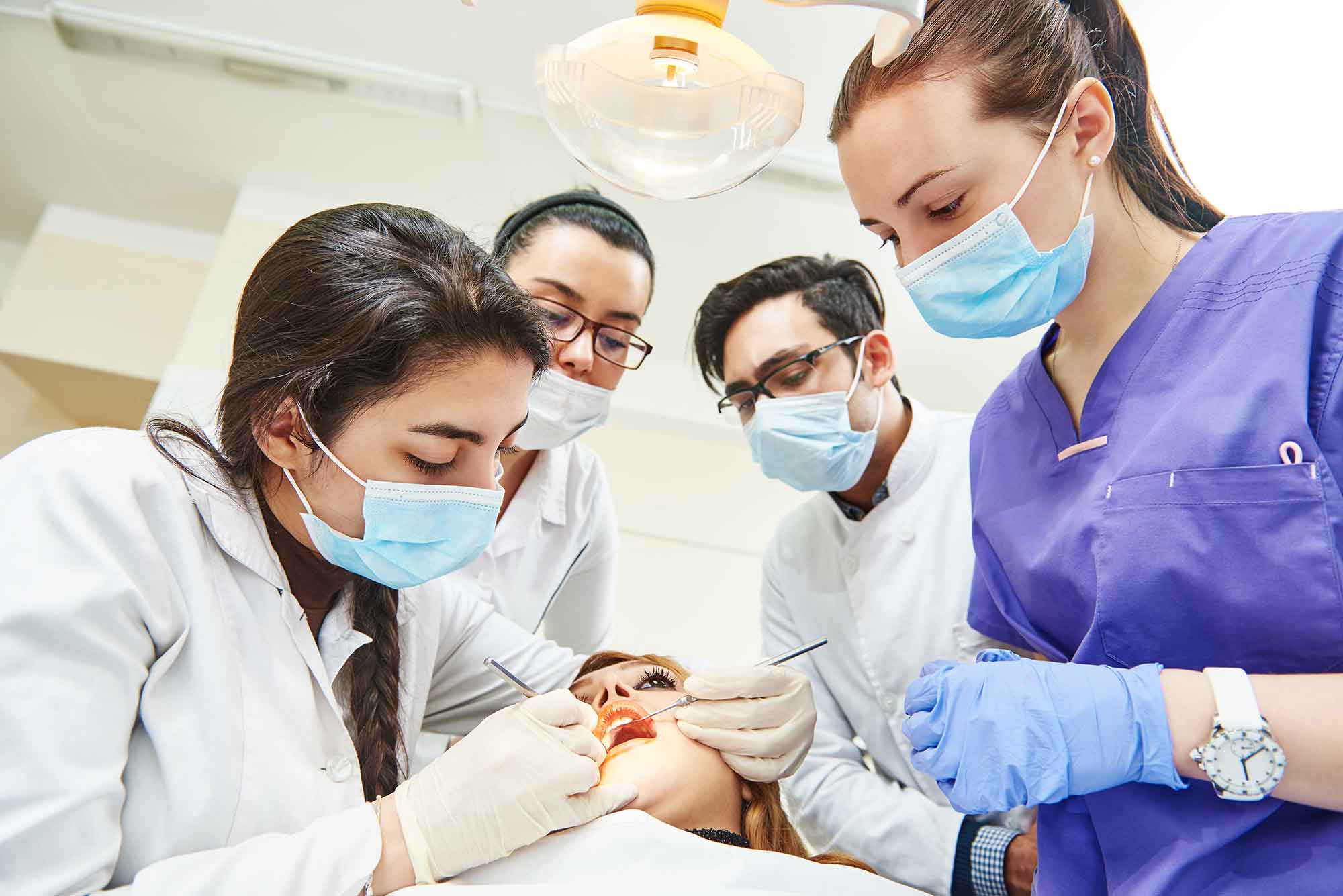 The General Dental Council (GDC) has relaxed expectations following the announcement of a UK lockdown.
The General Dental Council (GDC) has relaxed expectations following the announcement of a UK lockdown.
Yesterday, Prime Minister Boris Johnson introduced new stay-at-home measures in a bid to curb the spread of coronavirus.
While it acknowledges it cannot completely withdraw, the GDC has declared it will take a flexible approach wherever it is possible.
It is basing its approach on two key principles:
- To minimise the burden of time and attention imposed on registrants
- To maximise the flexibility of registrants to manage their professional activities in response to COVID-19.
Dental professionals who finish the year with a shortfall in CPD hours will be looked on sympathetically, it has confirmed.
Additionally, the GDC states that nobody will be removed from the register because they struggled to access CPD during the chaos of COVID-19.
However, dental staff are reminded there are other options for CPD aside from face-to-face sessions as the country enters lockdown.
Visit https://www.dentistrystudyclub.com/ to access our latest free webinars.
Return to register
The GDC has confirmed the only route back onto its register is by individual restoration.
This follows a nationwide call for retired healthcare workers across different disciplines to assist the frontline NHS response to COVID-19.
It states it is not currently in line to give temporary registration in emergencies like those possessed by the General Medical Council (GMC).
However, it states it is in communication with the Department of Health and Social Care and does not rule out the possibility of it changing as circumstances develop.
Fitness to practise
Almost all fitness to practise hearings have now been postponed in an attempt to prioritise patient safety.
Only a small number of cases will continue, with the aim of carrying them out remotely to reduce travel requirements.
The postponed hearings will be rescheduled once the GDC is reassured they will be able to be carried out safely and appropriately.
Equally, dental professionals are being urged to continue raising fitness to practise concerns.
The GDC will continue to record and make a risk assessment whilst keeping demands for information to a minimum. It will also avoid requesting data from the NHS unless there is an urgent, risk-based need.
If progress on a case is likely to be delayed, all parties will be informed and offered support.
Annual retention fee (ARF)
ARF payments will not be delayed for dentists or dental care professionals.
The GDC states the solution to financial pressures faced by practices will be financial support from the government.
It will join the discussion with government to help ensure the needs of all dental staff – both NHS and private – are understood.
Dental students
In a joint statement with education providers, the GDC says its overall aim is to allow those who are competent to qualify to enter the dental workforce without delay.
Dental schools are currently arranging online systems to allow exams to be sat by final year undergraduate students.
Those who are fit to practise as ‘safe beginners’, but have a potential area of weakness, will be provided with a development plan. Those not ready to sit final exams will be informed by their school.
Additionally, it currently expects foundation and vocational training places for graduating BDS students to be announced on June 12 as normal.
As it stands, foundation and vocational training will start as normal in September, or August for those in Scotland.
Although many training schemes usually require foundation and vocational dentists to complete a clinical skills session, in 2020 this will be mandatory for all programmes.
Response so far
The GDC urges dentists and other staff to regularly check the Department of Health’s online pages for advice regarding COVID-19.
The chief dental officers of England, Scotland and Wales last week issued advice for the industry.
Sara Hurley, CDO of England, recommends practices to do the following:
- Radically reduce the number of routine check ups by cancelling appointments of patients from vulnerable groups
- Agree local arrangements to provide urgent dental care and any essential, routine NHS work that cannot be delayed
- Check whether potential patients or anybody in their household has symptoms by phone or text before any visit
- Consider the risk of asymptomatic cases attending the practice. Avoid all aerosol generating procedures whenever possible
- Display the materials on COVID-19 available on this website
- Use robust infection control procedures. For example, wipe down surfaces between patients with extra vigilance, including door handles etc.
The standard operating procedures for primary care in a dental setting are currently being updated, according to the NHS website.
This comes as dental professionals were confirmed as key workers. Their efforts are seen as critical to the COVID-19 response as the country enters lockdown.


